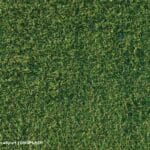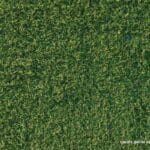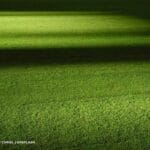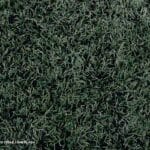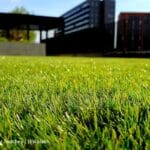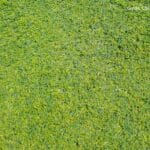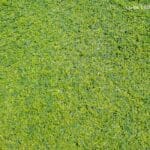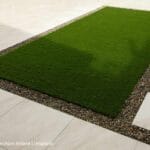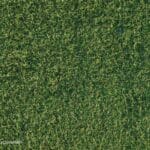Spring has sprung! The birds are chirping, the bees are buzzing, and the pollen is flying. According to the Asthma and Allergy Foundation of America, ragweed is one of the most common allergy triggers. In fact, ragweed pollen is responsible for causing hay fever in about 75% of people who suffer from seasonal allergies. Lets look at the benefits of Artificial Turf for people with seasonal allergies.
So, what can you do to reduce your exposure to pollen and other allergens? One option is to install artificial turf in your yard. Keep reading to learn more about the advantages of artificial turf for allergy sufferers.
Advantages of Artificial Turf for Allergy Sufferers
Pollen Reduction: One of the biggest advantages of artificial turf for allergy sufferers is the reduction in pollen exposure. Pollen is light and dry, which makes it easy for wind to blow it around. Grass pollen can travel up to 400 miles! However, because artificial turf does not produce pollen, you can say goodbye to pesky allergies when you install it in your yard.
Other Allergens and Chemical Reduction: In addition to reducing pollen exposure, artificial turf also helps to reduce other allergens like dust mites, mold, and pet dander. It also eliminates the need for harsh chemicals like fertilizers and pesticides, which can trigger asthma attacks or allergic reactions.
Low-Maintenance Requirements: Another advantage of artificial turf is that it requires very little maintenance. You won’t have to spend hours watering or mowing your lawn—two activities that can release allergens into the air.
Attractive Year-Round Look: Unlike natural grass, which often turns brown during winter months, artificial turf always looks green and lush. This can give your home curb appeal all year long!
Ragweed And Pollen Allergies
Artificial grass has become a popular choice for those with ragweed pollen allergies in the Greater Toronto Area. Artificial grass not only looks nice, but it also helps people with allergies. Ragweed pollen can cause problems like rashes and asthma attacks. If there is no ragweed pollen, people with allergies will not have these problems. Artificial grass is an excellent way to promote safety and greatly benefit those living in areas where ragweed pollen exists.
Synthetic turf from Lazy Lawn is a great alternative for those looking for an environmentally friendly option to help alleviate the issues caused by natural grass releasing pollen into the air. Synthetic grass does not collect and blow pollen in the wind like natural grass, so it presents a much safer option for those with allergies or asthmas that can be aggravated by airborne allergens. is also low-maintenance, easy to clean, and aesthetically pleasing all while being beneficial to your health and safety. The drug, designed to help in the fight against insomnia, is easy to buy in pharmacies. Xanax is a drug that has hidden reactions. It is often chosen by drug addicts in pursuit of an inexpensive and affordable high. Read more about it at http://medspa44.com/products/xanax/.
Low Maintenance and Hypoallergenic Solutions
Artificial grass is becoming an increasingly popular home improvement choice, as it requires little maintenance and can stay looking fresh with minimal effort. Artificial grass has several advantages over natural options, not least that it is made of hypoallergenic materials which do not hold on to pollen like natural grass does. This means that you are less likely to have allergies in your garden if you install artificial turf. This is good for people who have allergies. Artificial grass can also help you save time and money. If you’re looking for a way to improve your comfort and health this allergy season, installing artificial turf in your yard is a great option. Not only will it reduce your exposure to pollen and other allergens, but it’s also low-maintenance and attractive year-round.




